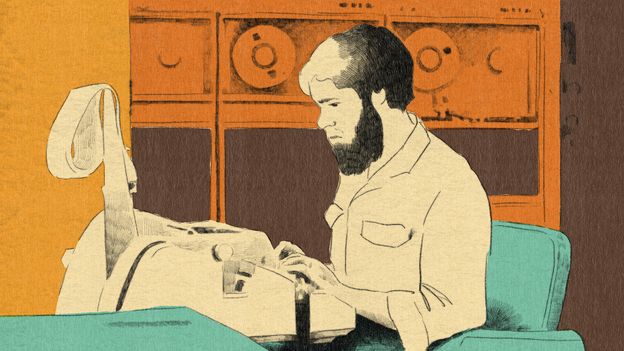Kline: One of my biggest fears has been about the spread of false information. How many times have you heard someone say, “I saw it on the internet”. It was always possible to spread false information, but it would cost money to send out mailers, put up a billboard or take out a TV ad. Now it is cheap and easy. And as it reaches millions of people, it gets repeated and treated as fact.
Another fear is that as more and more critical systems have moved onto the internet it becomes easier to cause a serious disruption if those systems are taken down or compromised. For example, not only communications systems but banking, utilities, transportation, etc.
Duvall: It has great power but, not heeding Engelbart’s warning in 1962, we have not effectively used the power of the internet to manage the social impact.
Are there any lessons from your time at Arpanet that could make it a better place for everyone?
Kline: While the openness of the internet allows experimentation and new uses, the lack of control can lead to compromises. Arpa kept some control of the Arpanet. That way they could make sure that everything worked, make decisions about which protocols were required, deal with issues such as site names and other issues.

